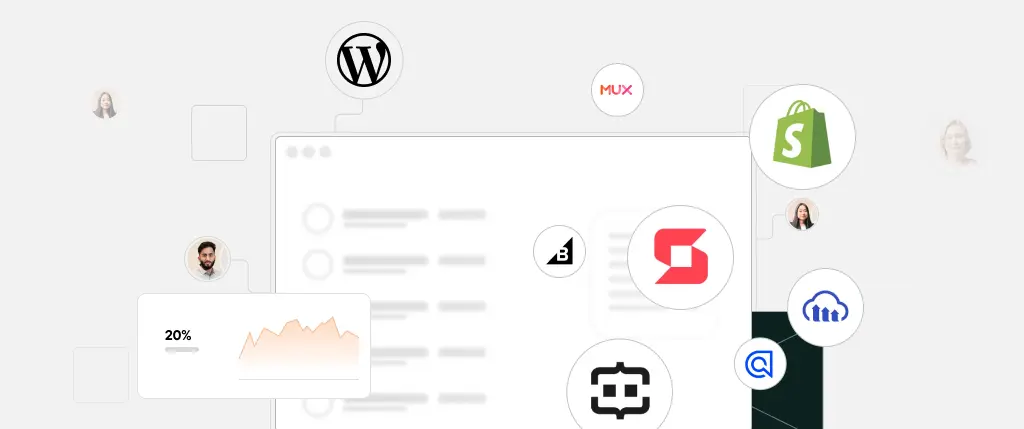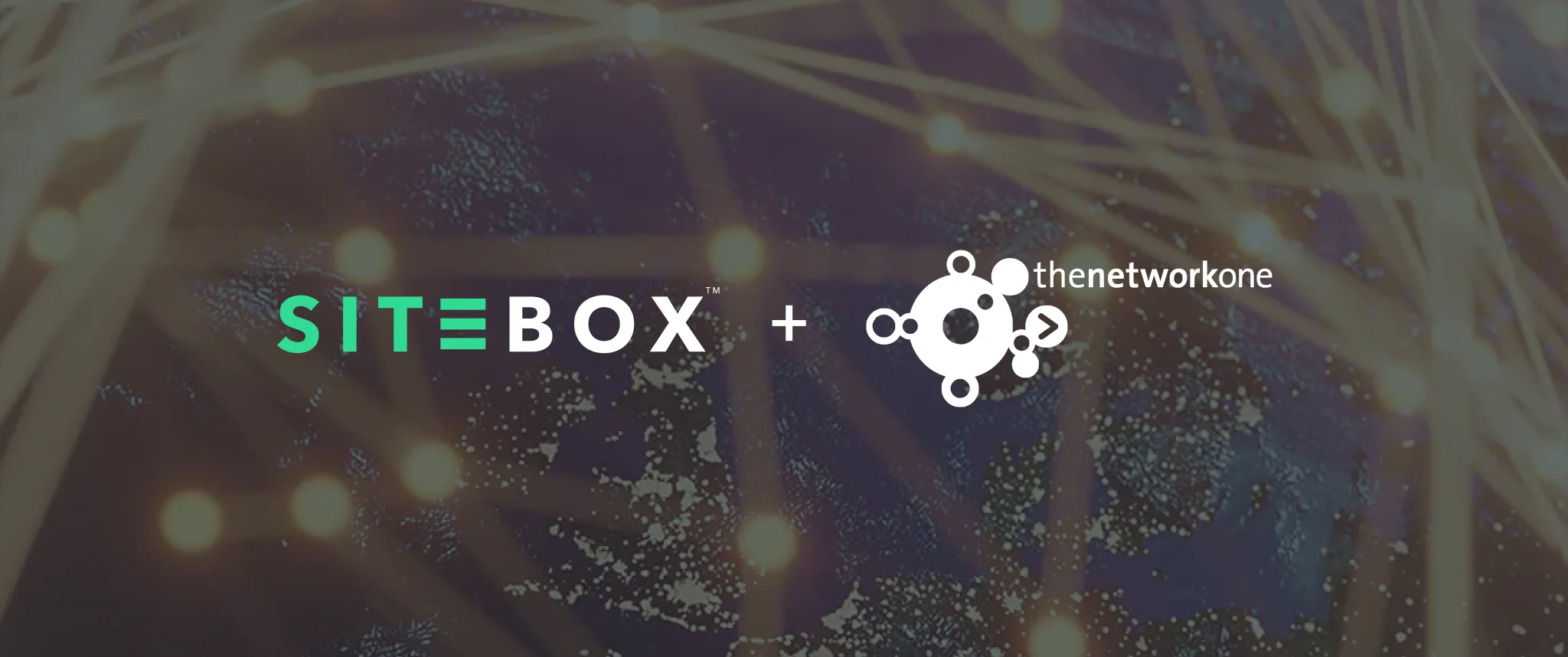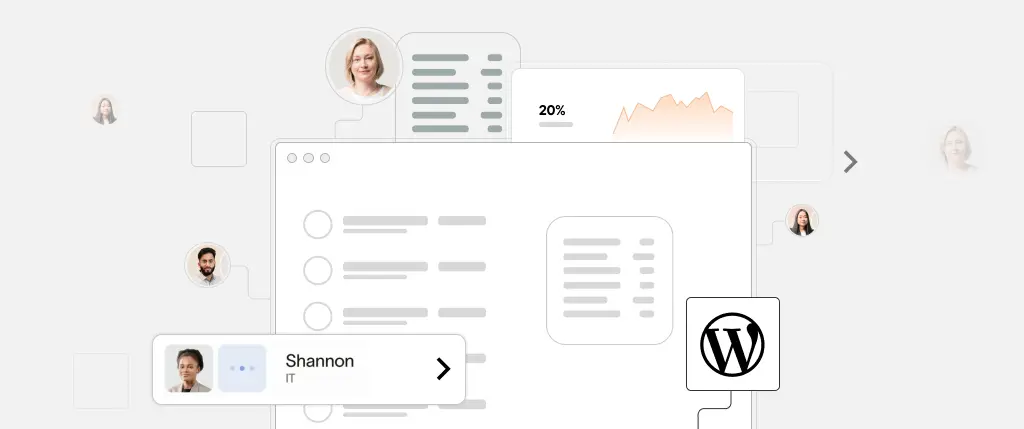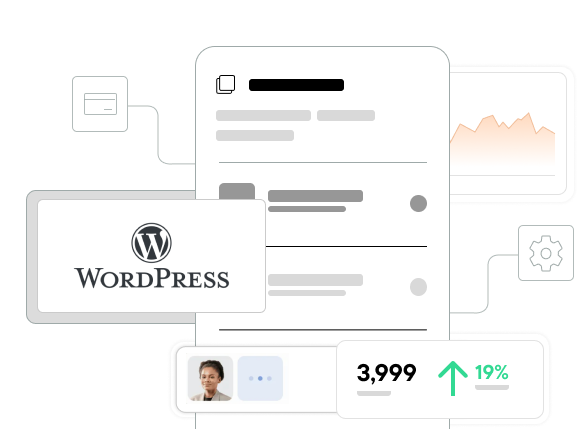WordPress API integrations for agencies have become an indispensable strategy for delivering flexible, scalable, and personalized digital experiences. As client demands grow more complex, agencies must find ways to streamline workflows, enable third-party connections, and offer dynamic, omnichannel solutions. APIs make all of this possible by connecting WordPress to virtually any platform or system.
In this guide, we explore how WordPress API integrations for agencies can unlock significant value, elevate user experience, and create powerful backend efficiencies that translate into measurable ROI for your clients.
1. The Power of WordPress API Integrations for Agencies
Enhanced Customization
- Seamless Third-Party Integrations: APIs make it possible to link WordPress with CRMs like HubSpot or Salesforce, payment gateways, inventory systems, and more. Agencies can automate data flows, enable real-time updates, and reduce manual input for clients.
- Tailored User Experiences: Create highly dynamic front-ends using live data from APIs, offering users customized content, real-time product availability, or location-specific services.
Scalability and Flexibility
- Modular Architecture: One of the main benefits of WordPress API integrations for agencies is that they enable a modular, plug-and-play structure. You can extend site functionality without bloating or breaking the core system.
- Enterprise-Level Solutions: Agencies working with enterprise clients can use APIs to connect WordPress to ERPs, advanced marketing automation tools, or analytics dashboards, all while maintaining data consistency.
Multi-Platform Connectivity
- Omnichannel Experiences: APIs allow seamless communication between a WordPress site and external applications—mobile apps, smart devices, and even voice assistants—ensuring consistent branding and user experience.
- Cross-Platform Data Sharing: Unified reporting and analytics become possible when WordPress is connected via APIs to services like Google Analytics 4, email marketing platforms, and BI tools.
2. WordPress API Integration Strategies for Agencies
Identify Client Needs
Start by mapping out the client’s ecosystem: What platforms do they use daily? What data silos exist? Understanding their goals lets you create strategic WordPress API integrations for agencies that solve real problems.
Examples:
- Integrating WooCommerce with shipping providers via API.
- Syncing form data with a custom-built CRM.
- Creating dashboards that pull live financial or inventory data.
Use REST API and GraphQL
- REST API: Allows structured access to WordPress content—great for headless or decoupled architectures.
- GraphQL: Enables efficient querying of only the needed data. Particularly useful for mobile-first or single-page applications where speed is essential.
Test and Monitor API Integrations
- Tools like Postman help simulate and validate API calls before deployment.
- Error Logging & Monitoring: Use built-in WordPress error logs or tools like New Relic and Sentry to proactively identify integration failures or performance drops.
3. Benefits of WordPress API Integrations for Agencies
Automation
By integrating APIs, agencies can automate repetitive backend operations such as:
- User data syncing between WordPress and CRM.
- Auto-generation of client reports.
- Inventory updates from external databases.
Improved User Experience
Examples of enhanced UX through APIs:
- Live weather or stock tickers.
- Personalized content recommendations.
- Real-time booking or availability systems.
Cost Savings
Rather than building custom features from scratch, APIs allow you to integrate existing tools and services quickly, reducing development hours and speeding up time-to-market.
Case Study: Agency Success Through API Integration
A digital agency working with a nationwide real estate firm implemented WordPress API integrations to connect their listings with a third-party property management system. Results included:
- 60% reduction in manual updates.
- Real-time data accuracy across mobile and web platforms.
- A 25% increase in lead generation thanks to faster page loads and dynamic listings.
Key Takeaways for Digital Agency Owners
- Explore WordPress API integrations for agencies to extend functionality, boost scalability, and streamline processes.
- Use REST API or GraphQL for efficient, secure, and customized data exchange.
- Implement rigorous testing and monitoring to ensure seamless client experiences.
- Consider long-term performance, user experience, and ROI when selecting and implementing integrations.
Conclusion
WordPress API integrations for agencies are more than just a technical enhancement—they’re a strategic necessity. Whether it’s improving user experiences, increasing automation, or delivering enterprise-level scalability, APIs unlock a new level of flexibility and value for both agencies and their clients.
Investing in this capability today means future-proofing your offerings and staying competitive in an increasingly connected digital ecosystem.




